
YiKing YouTube
Ming he zai yin - 'calling crane in the shade' - are the four vertical characters on the left, from the second line of hexagram 61, forming the subtitle of the Yijing Dao site. These words have long summed up for me the essence of the Changes. I found an oil painting by a Chinese artist (Chen Mao) at an antique fair a couple of decades ago.
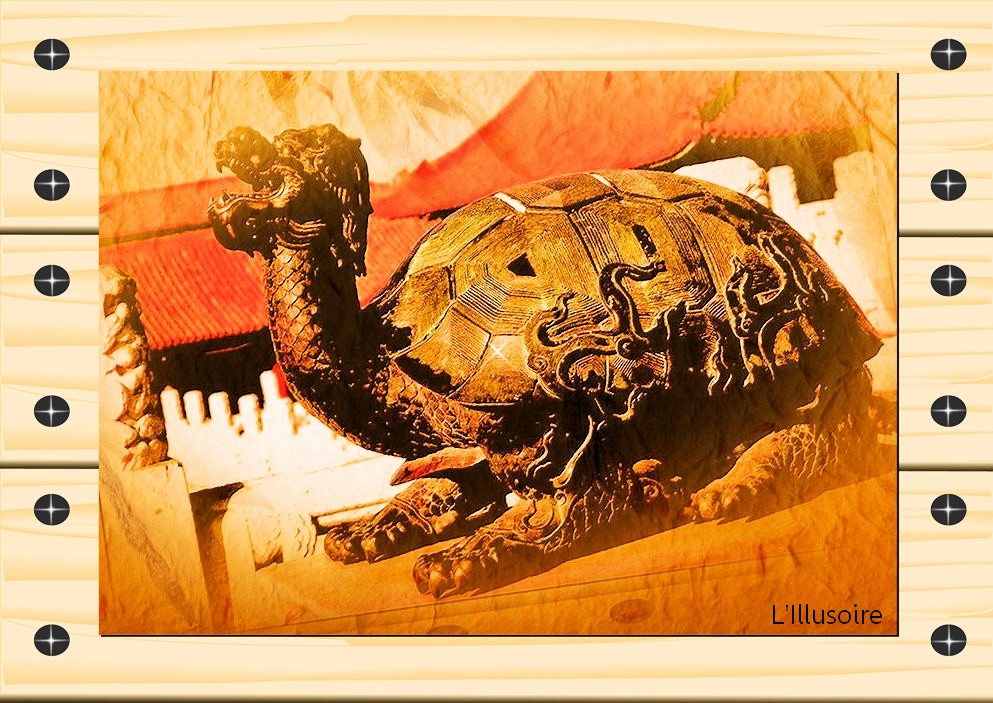
Yi King
[1899] Contents Start Reading The I Ching, or Book of Changes, is the most widely read of the five Chinese Classics. The book was traditionally written by the legendary Chinese Emperor Fu Hsi (2953-2838 B.C.). It is possible that the the I Ching originated from a prehistoric divination technique which dates back as far as 5000 B.C.

Tout savoir sur le yiking Divinologia
The I Ching or Yi Jing ( Chinese: 易經, Mandarin: [î tɕíŋ] ⓘ ), usually translated Book of Changes or Classic of Changes, is an ancient Chinese divination text that is among the oldest of the Chinese classics. The I Ching was originally a divination manual in the Western Zhou period (1000-750 BC).

Roue chinoise Le Reiki, Reiki Healing, Energy Healing, Tai Chi, Dowsing Chart, Tcm Traditional
All about the Yi Jing (I Ching) book of changes, the ancient Chinese tradition of fortune telling.. A page from a Song Dynasty (960-1279) printed book of the I Ching (Yi Jing, Classic of Changes or Book of Changes) , 17.7x11.9cm, printed book, in the National Central Library in Taipei.. Fuxi is credited with the eight trigrams and King.
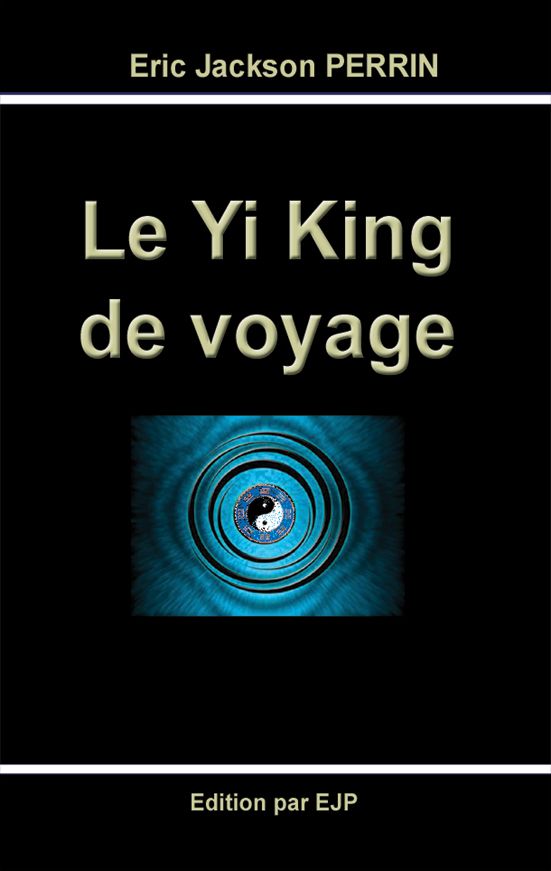
Le YiKing Eric Jackson Perrin
I Ching or Yi Jing (Yìjìng, Yiqing, I-Tsing or YiChing) (義淨, 三藏法師義淨 635-713) was a Tang Dynasty Buddhist monk, originally named Zhang Wen Ming, (張文明) who traveled by sea to India and studied at Nalanda for eleven years before returning with a collection of as many as 500,000 Sanskrit stanzas. He translated more than 60 sutras into Chinese, including Saravanabhava Vinaya.

YiKingDo vidéo YouTube
Yi-king Hexagramme 17 : La Suite, interprétation astrologique. Énergies élémentales (trigrammes du bas et du haut) : Tonnerre / Brume. Son interprétation : La situation implique une attention particulière, une persévérance, une patience, une continuité, il s'agit de passer à une phase ultérieure par rapport à ce qui a pu être.
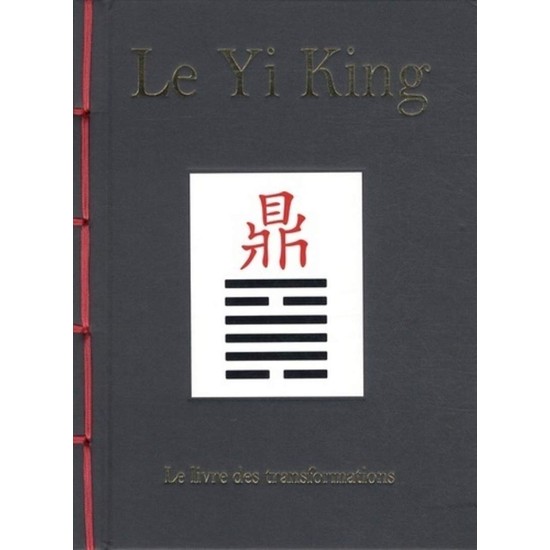
Le Yi King Kitabı ve Fiyatı Hepsiburada
INTRODUCTION The Yi King is mathematical and philosophical in form. Its structure is cognate with that of the Qabalah; the actual apparatus is simple, and five minutes is sufficient to obtain a fairly detailed answer to any but the most obscure questions. To Mega Therion THE TAO 1. TAO concentrateth itself upon Kether as a point. 2.
Yi King
The I-Ching Or The Book Of Changes: The Yi King. Paperback - July 16, 2008. by James Legge (Author) 4.3 47 ratings. See all formats and editions. The classic book of Chinese Wisdom, interpreting the 64 Hexagrams of the I-Ching. The I-Ching is the oldest form of divination, and this is the classic translation from the original Chinese texts.

Kabir king(17) YouTube
The Yijing 易经 (or Yi King, I Ching, Book of Changes, Classic of Changes, Law of Changes, Law of Mutations, etc.) is an ancient Chinese text with two main sections. The older section is usually named the Zhouyi 周易 1 (The Yi of the Zhou [State/Dynasty]), which includes 64 hexagrams. Each hexagram has three parts.

Shih Yi A Critical and Mnemonic Paraphrase of the Yi King by Ko Yuen by Aleister Crowley; Ko
Taejo of Joseon Taejo ( Korean : 태조; Hanja : 太祖; 11 October 1335 - 24 May 1408), [ii] [iii] [iv] personal name Yi Seong-gye ( 이성계; 李成桂 ), later Yi Dan ( 이단; 李旦 ), was the founder and first ruler of the Joseon dynasty of Korea.
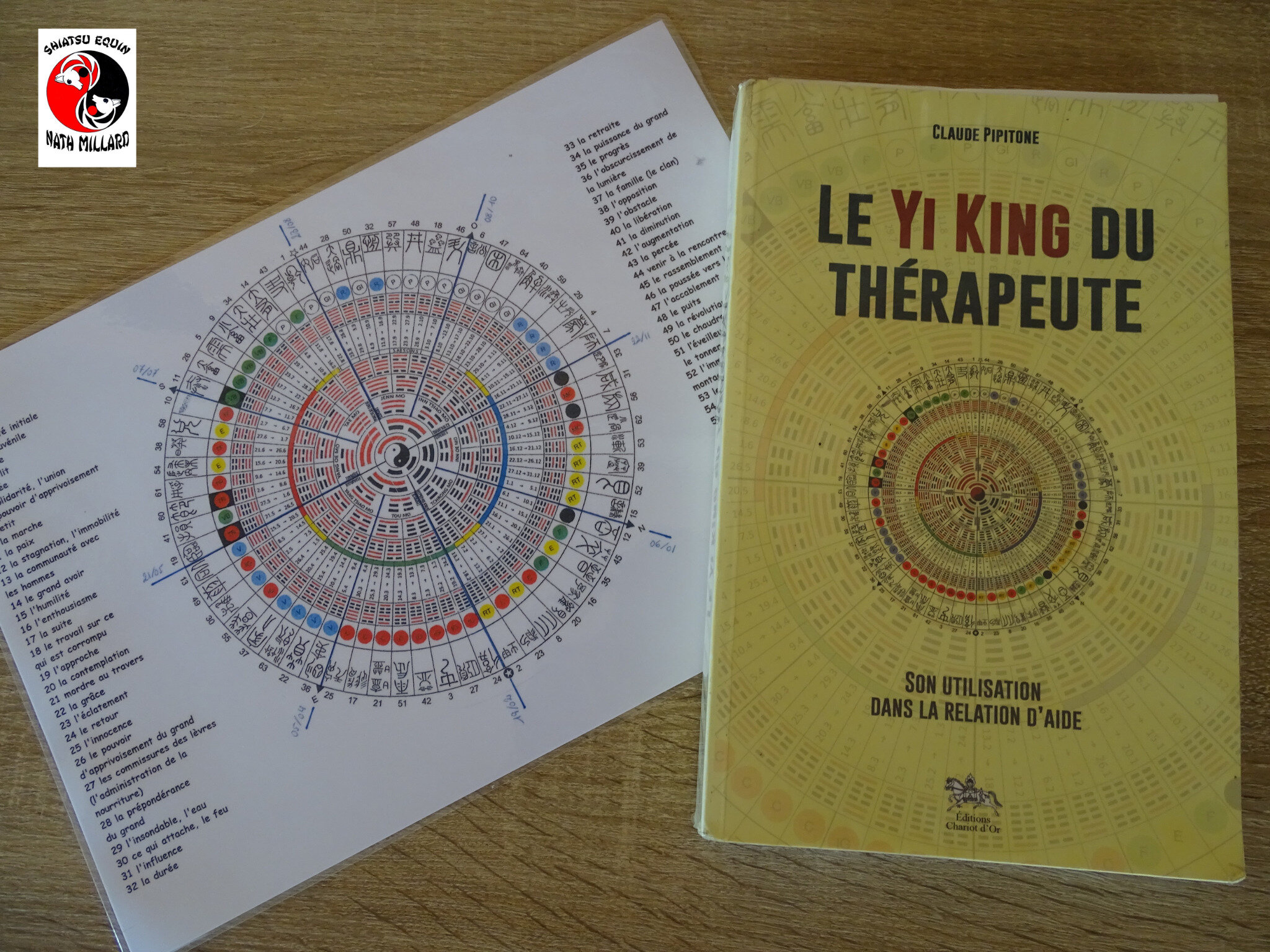
Yi King Nath Shiatsu 06 L'énergie du lien
Zhouyi 周易 "Changes of the Zhou", also called Yijing 易經 "Classic of Changes", or, shortly, Yi 易 "The Changes", is one of the most important Confucian classics. It has not only influenced Confucian and especially Neo-Confucian thinking but is also deeply rooted in the Daoist tradition.
Yi king Sonnerie Android
Yi Jing Taoiste. Caractéristiques de l'hexagramme 17 pour l'Interprétation Taoiste du Yi Jing suivant la méthode de divination Wen Wang Gua (Liu yao). L'hexagramme 17 est un hexagramme de retour (de permanence), de la famille Zhen (Bois), donc Sujet se place sur le troisième trait et Objet se place au sixième trait.

Stage Yi King YouTube
The I Ching or Yi Jing (易經; Yìjīng) usually translated as Book of Changes or Classic of Changes, is an ancient Chinese divination text and among the oldest of the Chinese classics.With more than two and a half millennia's worth of commentary and interpretation, the I Ching is an influential text read throughout the world, providing inspiration to the worlds of religion, philosophy.
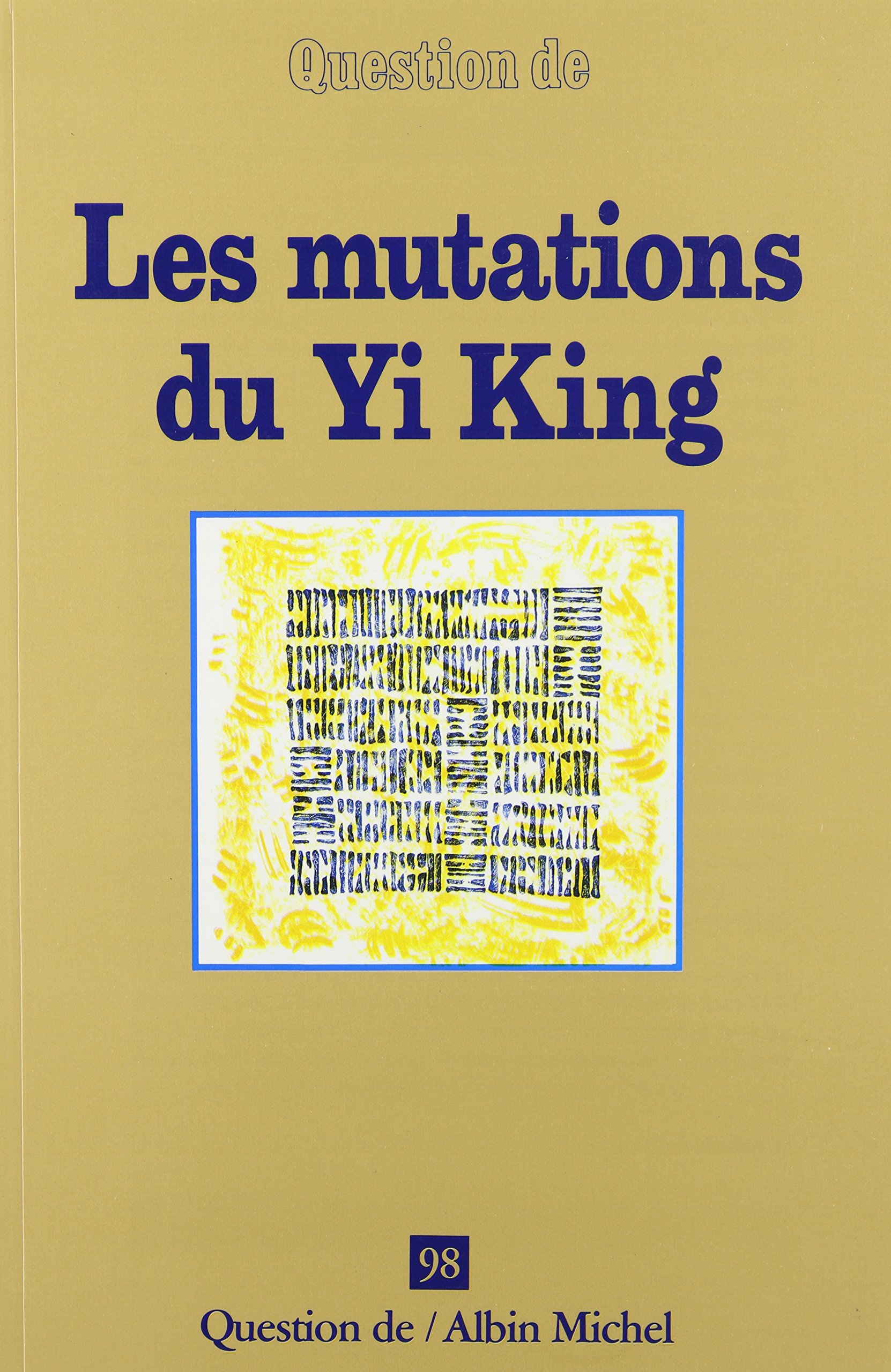
Les mutations du Yi King Collectif Albin Michel Bouquinerie Bettybook
INTRODUCTION The Yi King is mathematical and philosophical in form. Its structure is cognate with that of the Qabalah; the actual apparatus is simple, and five minutes is sufficient to obtain a fairly detailed answer to any but the most obscure questions. Το Μεγα Τηεριον THE TAO TAO concentrateth itself upon Kether as a point.

Yi King YouTube
Hexagram 59 is named 渙 (huàn), "Dispersing". Other variations include "dispersion (dissolution)" and "dispersal". The symbol means dissipate, dissolve, vanish. Its inner (lower) trigram is ☵ ( 坎 kǎn) gorge = ( 水) water, and its outer (upper) trigram is ☴ ( 巽 xùn) ground = ( 風) wind. Character information.
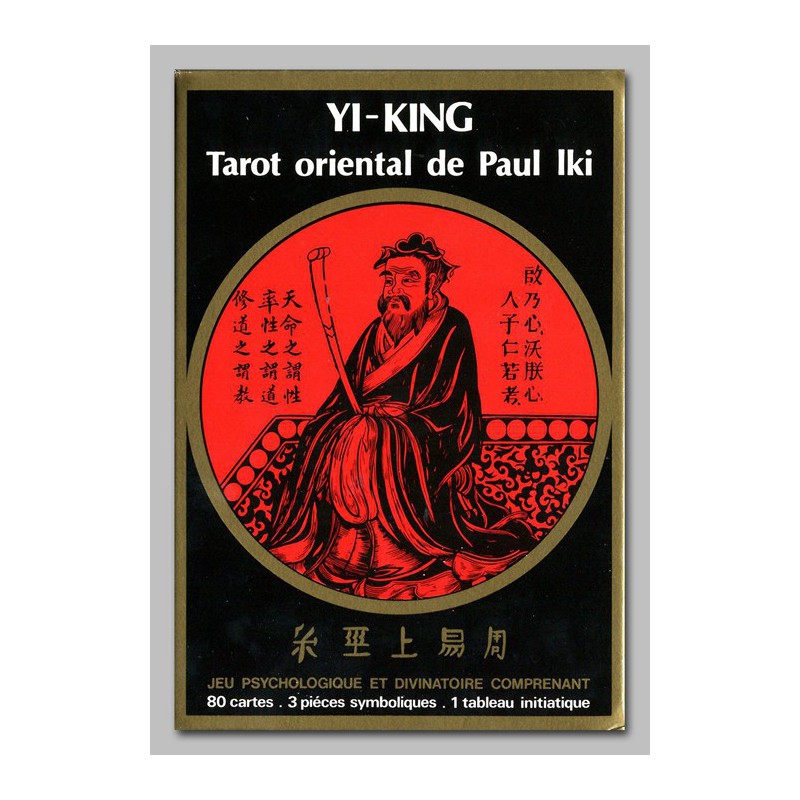
YiKing Variantes
Yijing, (Chinese: "Classic of Changes" or "Book of Changes") an ancient Chinese text, one of the Five Classics (Wujing) of Confucianism.The main body of the work, traditionally attributed to Wenwang (flourished 12th century bc), contains a discussion of the divinatory system used by the Zhou dynasty wizards. A supplementary section of "commentaries" is believed to be the work of.